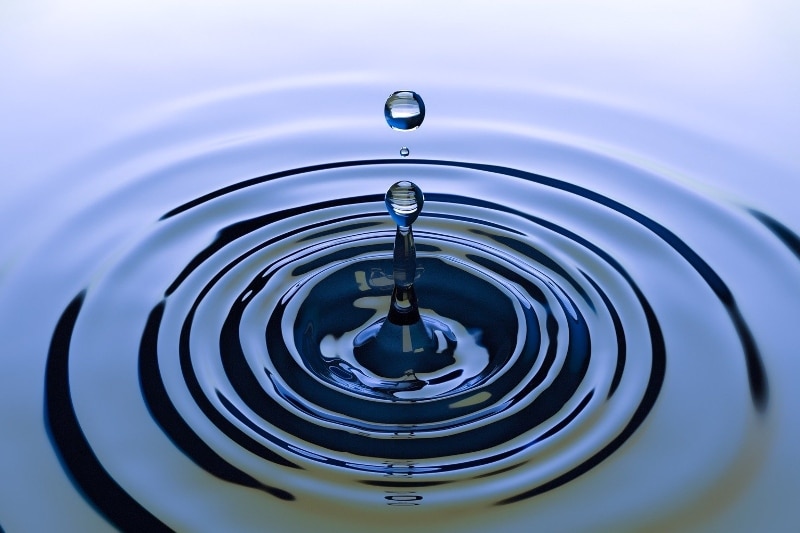The Royal Thai Navy and the National Centre for Genetic Engineering and Biotechnology (BIOTEC) have initiated a joint research and development project to address wastewater contamination caused by fuel and lubricants. This collaboration aligns with the Navy’s “Green Navy” initiative, which focuses on renewable energy, waste management, and pollution reduction as part of its long-term environmental strategy for 2017-2037.
A formal agreement was signed between the Naval Science Department and the National Science and Technology Development Agency (NSTDA), which oversees BIOTEC. The project involves cooperation between the Navy’s Science Department, the Higher Education, Science, Research and Innovation Ministry, NSTDA, and BIOTEC. The research aims to develop innovative biotechnological solutions to treat contaminated wastewater, contributing to broader sustainability goals under NSTDA’s “Science and Technology Implementation for Sustainable Thailand” strategy.
BIOTEC’s Biorefinery and Bioproduct Technology Research Group has identified microorganisms capable of degrading oil and petroleum compounds. Samples collected from ship engine rooms and other naval sites have yielded promising results, with several microorganisms demonstrating strong oil-degrading potential. Future research will focus on enhancing these microorganisms using advanced BIOTEC technologies and conducting further analysis in collaboration with the Naval Science Department’s laboratories.
BIOTEC has experience in developing environmental management technologies, including microbial waste treatment, bio-detergents, and biosurfactants. Some of these technologies, such as MEL Biosurfactant and MES-Green, may be adapted to treat oil spills and contaminated wastewater, supporting the objectives of the Green Navy initiative.
(Source: The Nation)
